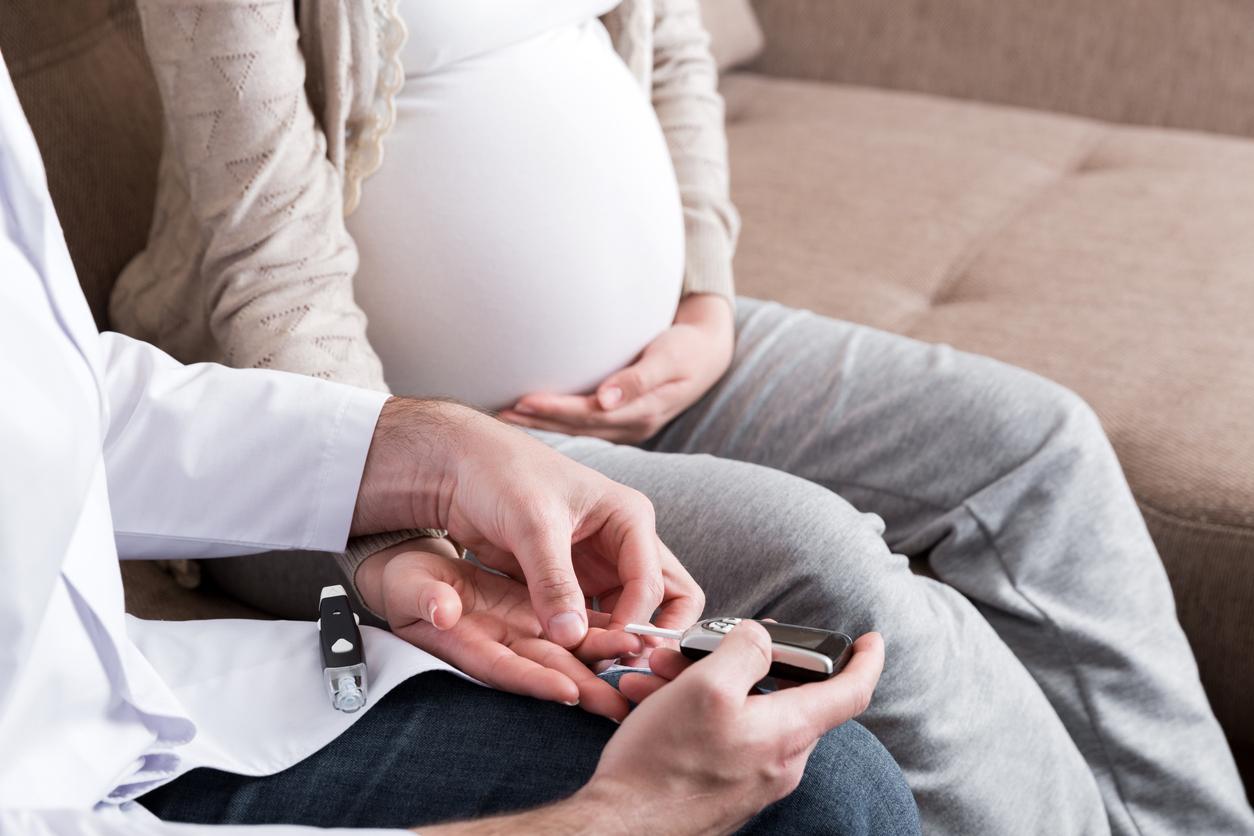British child psychologists have just pushed back psychological adulthood to 25. According to them, at 18 the brain is still at an adolescent stage.

And if the famous milestone of “18” did not ultimately signify the entry into adulthood. In any case, this is what psychologists in Great Britain think. Indeed, British child psychologists have just updated their recommendations in this area. According to them now, the “administrative” majority does not correspond to the real psychological age of young people in today’s society. For psychologists across the Channel, the group of adolescents is now widening up to 25 years according to information reported by the BBC.
The brain and hormones not necessarily in adulthood at 18
This 7-year extension of the age group is justified in particular thanks to data provided by neurosciences. “We used to think of the brain as fully developed from pre-adolescence. Yet we now realize that it continues to develop into the mid-twenties and even into the early thirties, ”psychologist Sarah Help told the BBC. These neurological changes would therefore not be without consequences in terms of social reasoning. This later brain maturation would, for example, have effects on the ability to plan and on the comprehension skills of young people. This would mean that the level of cognitive development normally acquired in adulthood would actually be later than previously thought. In addition, specialists have also realized in recent years that the hormonal upheaval in adolescence can last more or less long, sometimes even beyond the twenties.
An initiative hailed by child psychologists
These new British recommendations therefore now recognize three psychological stages during adolescence. The “pre-adolescence” would go from 12 to 14 years, the 15-18 age group would be that of the “middle adolescence” and finally from 18 to 25 years, psychologically individuals would no longer be rushed into the adult box, but classified in the “late adolescence” category. “The idea that suddenly at 18, you are an adult just didn’t make sense,” London-based child psychologist Laverne Antrobus child explains on the BBC’s website. My experience with young people shows that some still need a considerable amount of support and help beyond this age. An enthusiasm that all specialists in child psychology do not share. Some experts fear that this change will encourage the development of a generation of retarded teens or “adulescents”.
An encouragement for the “Tanguy” generation?
Finally, some sociologists have also reacted to this decline in the psychological cursor of entry into adulthood. “We are already infantilizing young people a lot and this has led to a growing number of men and women in their twenties who still live with their parents,” said Professor Frank Furedi, a sociologist at the University of Kent to our colleagues at the BBC. Some claim economic reasons, but in reality it is not always for that. I believe there is a loss of aspiration for independence. When I entered university, it would have been a social death to be seen with your parents, now it’s the norm, ”he concludes. This sociologist goes on to explain that this change in psychologists risks unwittingly reinforcing this passivity, and further normalizing the immaturity already present in today’s society.
In Europe, one in three men and one in five women aged 18 to 34 still lived with their parents in the European Union in 2008, according to the European Statistics Office.
.

















